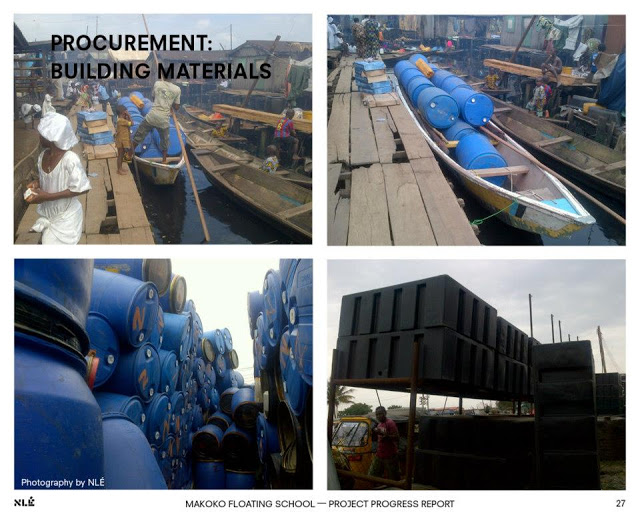Makoko Floating School - Sustainability in Nigeria
Dolapo Omidire . 10 years ago
africa
architecture
atlantic
building
community
development
education
lagoon
lagos
makoko
nigeria
ocean
premium
property
real estate
school
sky
slum
sustainability
sustainable
water
world trade
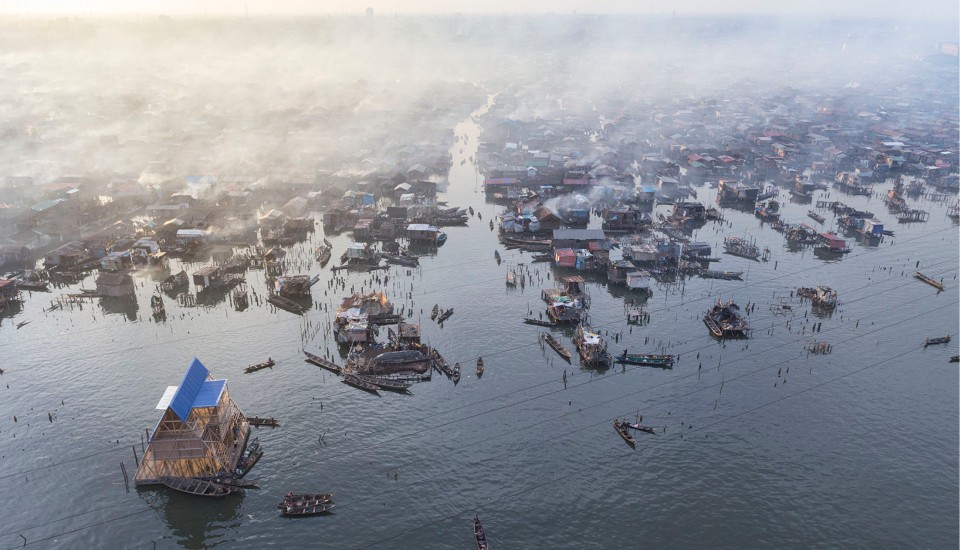
Share this post
Subscribe to our newsletter
Behold, Makoko Floating School, a prototype structure that addresses physical and social needs in view of the growing challenges of climate change in an urbanizing African context. Sustainable building is a relatively new phenomena in Nigeria and despite obvious benefits many Nigerian's are not sold. Real estate developer's including Actis are seeking accreditation from sustainable…
Behold, Makoko Floating School, a prototype structure that addresses physical and social needs in view of the growing challenges of climate change in an urbanizing African context.
Sustainable building is a relatively new phenomena in Nigeria and despite obvious benefits many Nigerian’s are not sold. Real estate developer’s including Actis are seeking accreditation from sustainable building organisations like LEED for their developments, however, their motivation for going the green route is arguably not restricted to doing the right thing (environmentally speaking). Multiple marketing benefits and reduced long run operational costs also play a key role. Nonetheless, sustainability is not all about shiny new technology that many of these new commercial developments have. It all comes down to meeting the needs of the present without compromising the ability of future generations to meet their own needs. In developing countries like Nigeria the opportunity for sustainability is immense as most regions are largely underdeveloped. This could mean entire regions, nodes and even cities can be built meeting sustainable standards. Whereas in more developed nations, fully built up environments mean that existing structures have to be converted, a process which is often very complex.
NLÉ has managed to approach sustainability with a phenomenal idea that was recently realised. As opposed to destroying Makoko, a slum neighborhood constructed on stilts above Lagos Lagoon, this prototype structure embraces Makoko and enhances it by creating even better structures for occupancy. What makes this structure even more amazing is that they are made from recycled floating barrels and locally sourced eco-friendly bamboo and wood procured from a local sawmill.
The future of this floating school could solve the huge affordable housing/real estate problem that the government has been trying to tackle. Whilst many may feel the whole region needs to go, it is important to remember that despite Nigeria being the largest economy in Africa, over 60% still live on less than $1 a day. Till this significantly drops these people NEED homes. This prototype provides the strong prospects of affordable real estate/housing in a very sustainable and interesting way; much better than Makoko currently does. A way that can certainly regenerate the slum and even make it an inherent part of Nigeria. A floating city!
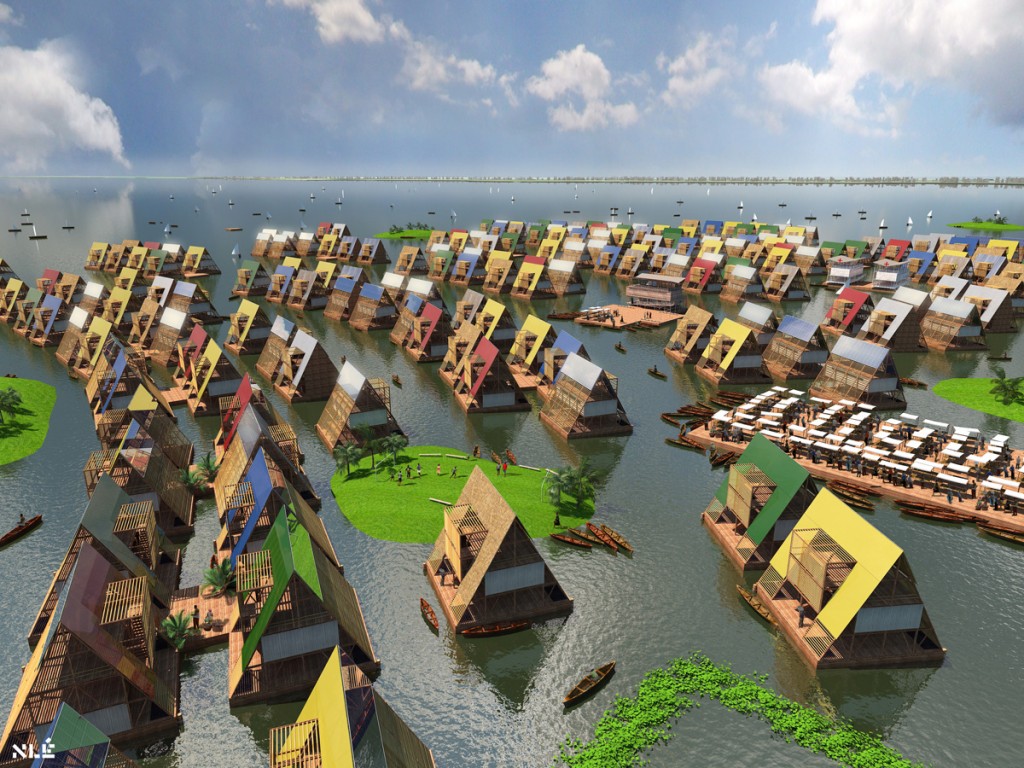
Makoko – The Possibility Source: NLE
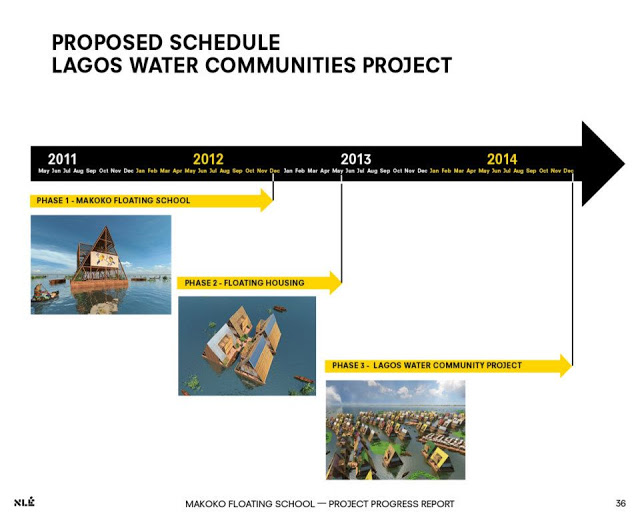
Makoko, The Possibility (Source: NLE)
About Makoko Floating School
It is a movable ‘building’ or watercraft’ currently located in the aquatic community of Makoko in the lagoon heart of Africa’s second most populous city – Lagos, Nigeria. It adapts to the tidal changes and varying water levels, making it invulnerable to flooding and storm surges. It is designed to use renewable energy, to recycle organic waste and to harvest rainwater. It has a total capacity to safely support a hundred adults, even in extreme weather conditions. The building has three levels. The 1st level is an open play area for school breaks and assembly, which also serves as a community space during after hours. The 2nd level is an enclosed space for two to four classrooms, providing enough space for sixty to a hundred pupils. A staircase on the side connects the open play area, the classrooms and a semi enclosed workshop space on the 3rd level.
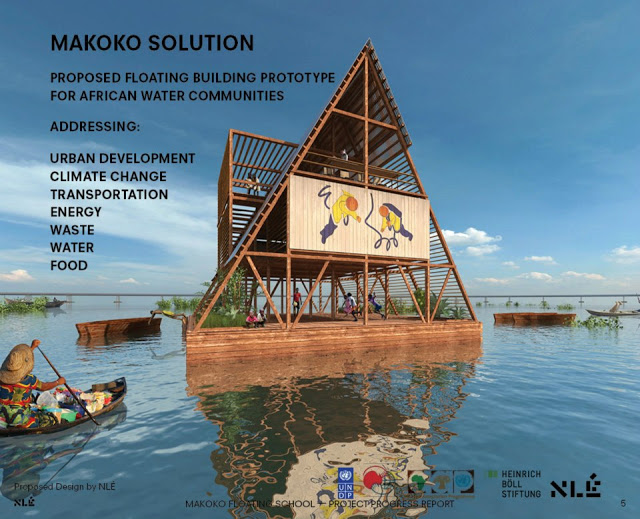
Image Source: NLE
An estimated 100,000 people reside in Makoko in housing units built on stilts. Yet the community has no roads, no land and no formal infrastructure to support its day-to-day survival. Until now Makoko has been served by one English speaking primary school, built on uneven reclaimed land, surrounded by constantly changing waters. Like many homes in Makoko, this has rendered the primary school building structurally precarious and susceptible to recurrent flooding. Sadly, the inability of the building to effectively withstand the impact of increased rainfall and flooding has frequently threatened local children’s access to their basic need – the opportunity of education.
Related News
You will find these interesting
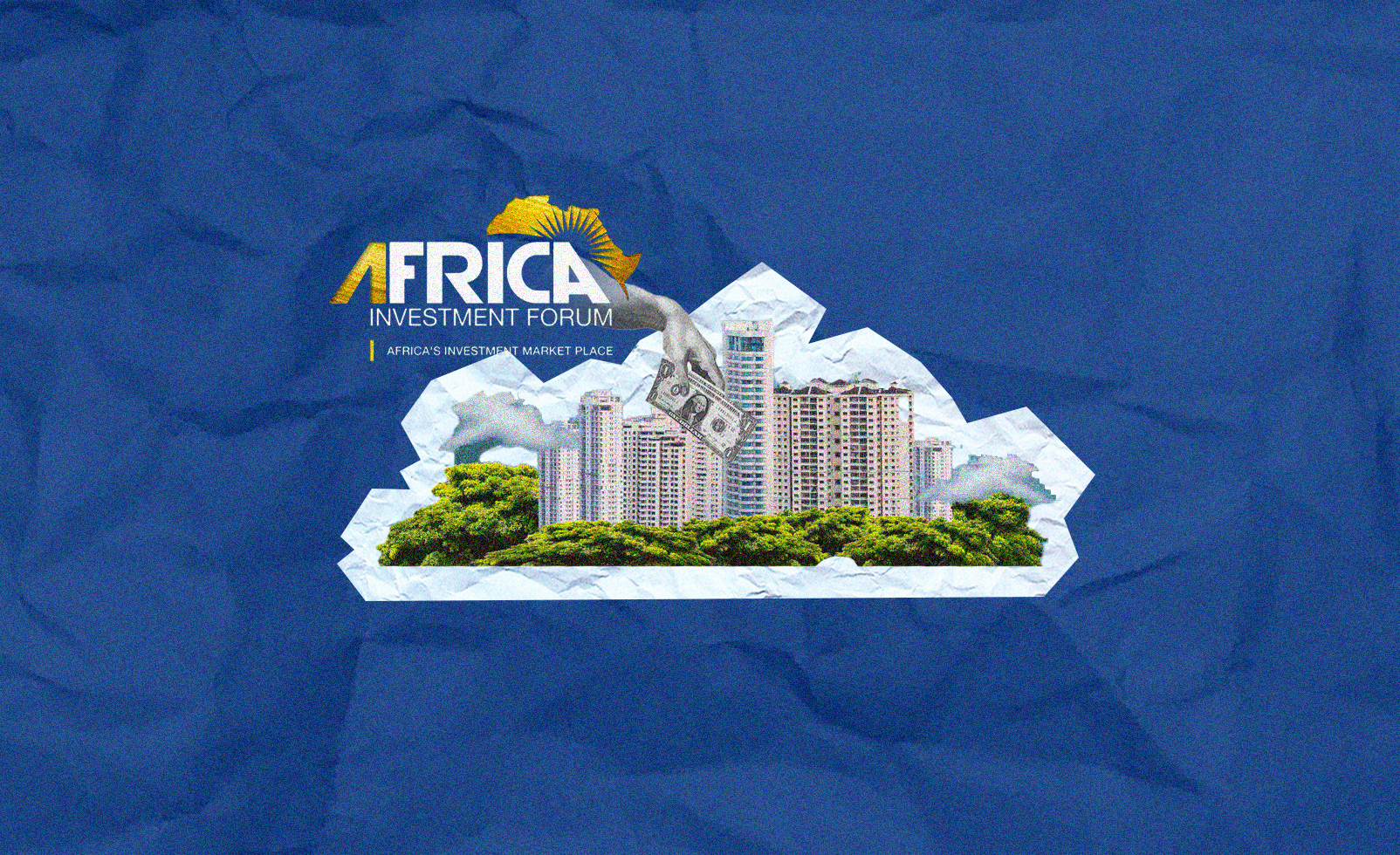
Bisi Adedun . 5 months ago
Africa Investment Forum
AIF
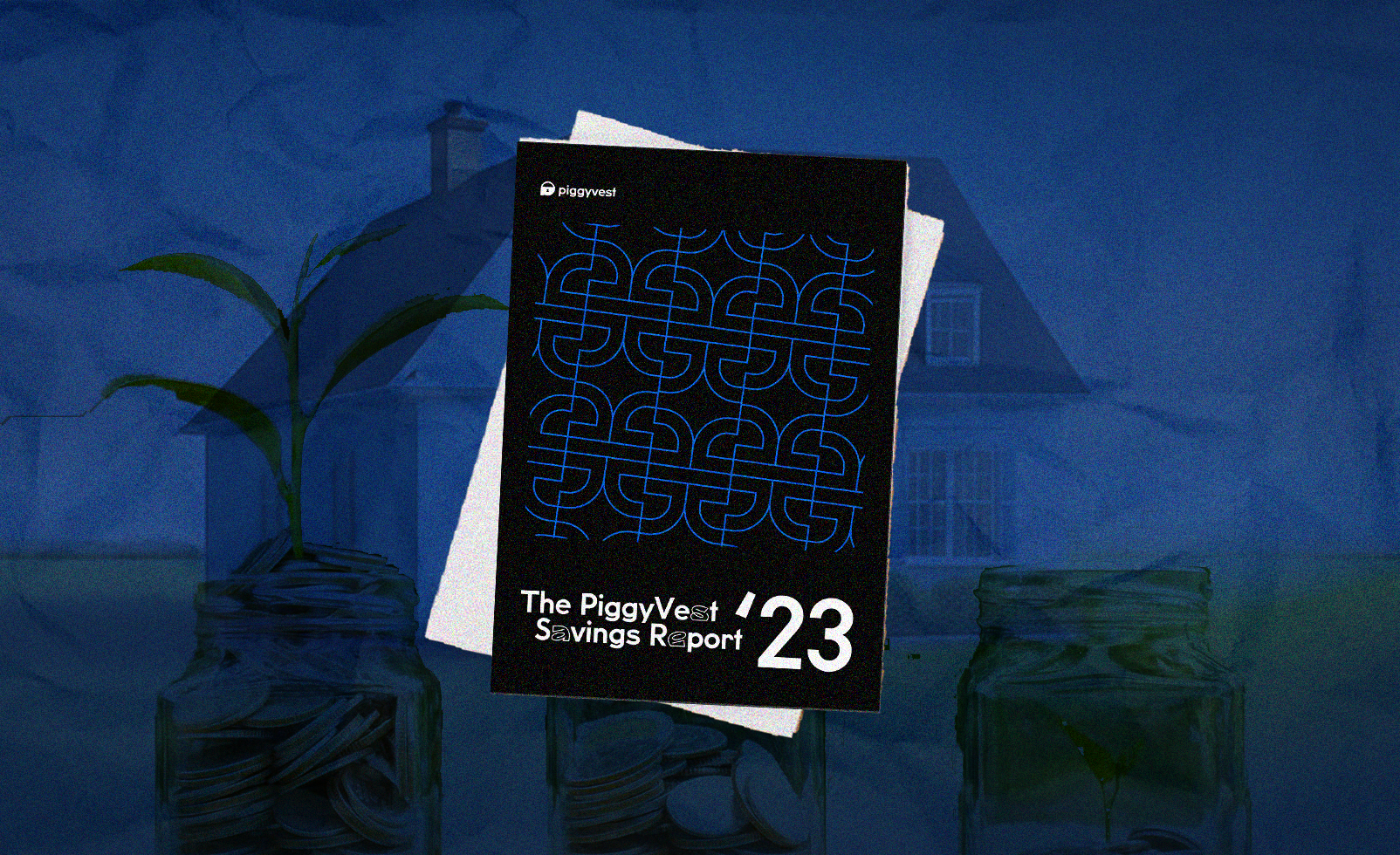
Bisi Adedun . 5 months ago
housing
personal finance
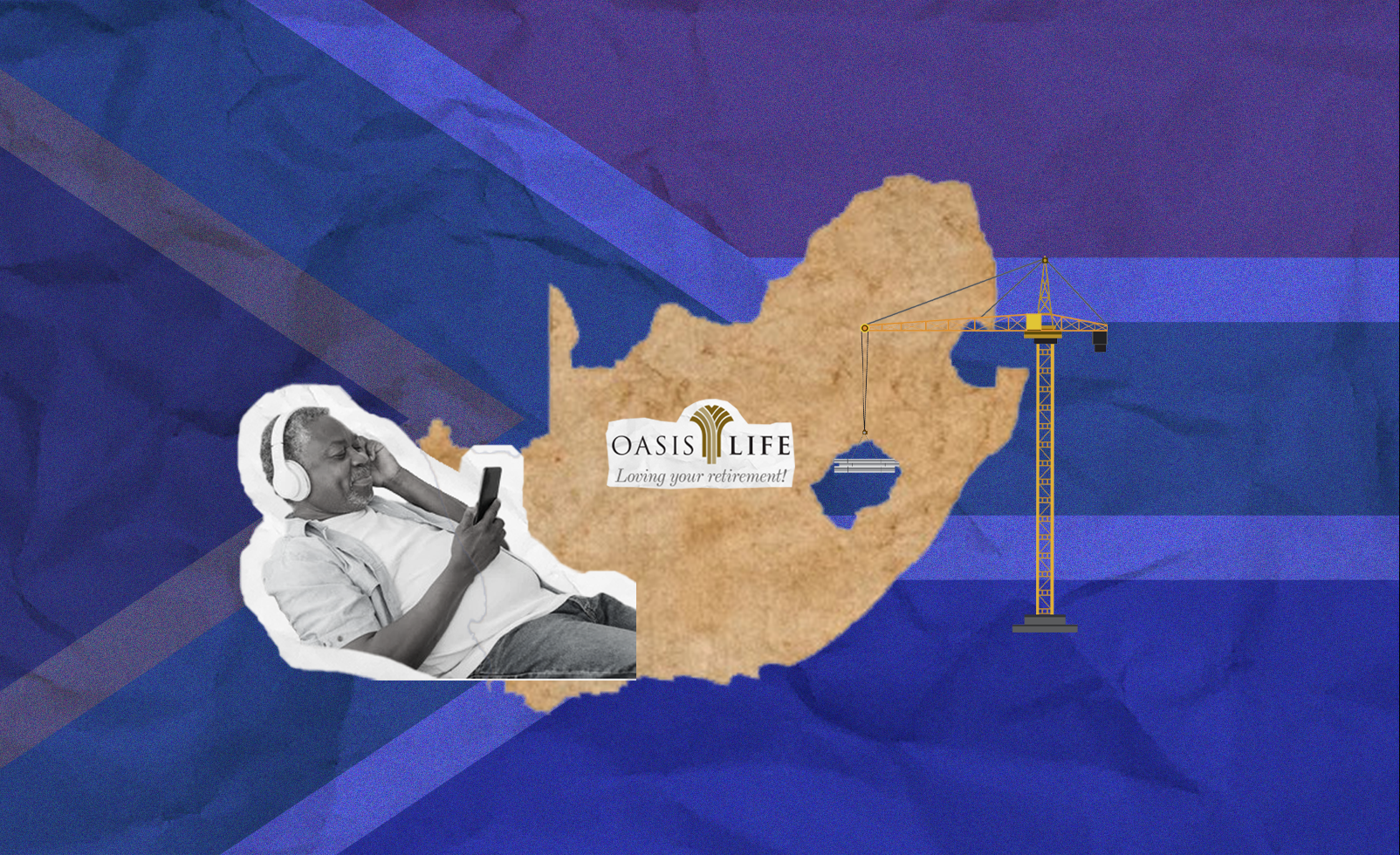
Bisi Adedun . 5 months ago
Century city
New City

